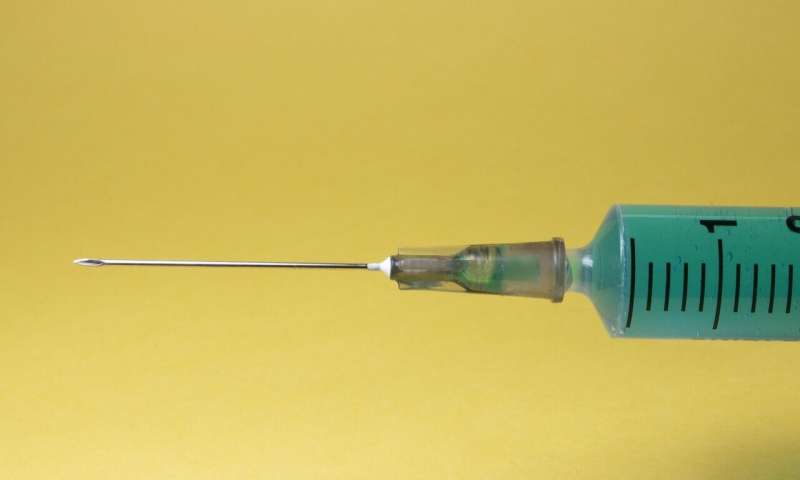Isolated REM Sleep Behavior Disorder as an Early Predictor for Parkinson's Disease and Dementia

New research from the University of Montreal reveals biomarkers in isolated REM sleep behavior disorder that can predict the development of Parkinson's disease and dementia years before symptoms appear, paving the way for early personalized interventions.
A groundbreaking international study led by researchers at the University of Montreal has identified key biomarkers that can predict the development of neurodegenerative diseases such as Parkinson's disease and dementia with Lewy bodies (DLB) in individuals with isolated REM sleep behavior disorder (iRBD). This sleep disorder involves acting out dreams through yelling, thrashing, or violent movements, often leading to injuries, and has long been considered a warning sign for future neurological conditions.
Research indicates that approximately 90% of individuals with iRBD will eventually develop Parkinson's disease or DLB. However, clinicians lacked the means to determine who would develop which disease, or when. These new studies now offer promising methods to forecast disease onset years in advance.
The first study, published in Neurology, examined the brain's glymphatic system—responsible for clearing metabolic waste during sleep—using advanced MRI techniques. Results showed that reduced fluid circulation in specific brain regions significantly increased the likelihood of Parkinson's development, sometimes as soon as six years after diagnosis. This system's impairment appears to mirror early Parkinsonian symptoms, such as motor asymmetry.
The second study, published in Alzheimer's & Dementia, focused on the basal nucleus of Meynert, a brain region crucial for cognition. Elevated levels of free water in this area were linked to an eightfold increase in the risk of developing DLB, even before symptoms appeared. These biomarkers can thus help identify individuals at high risk for specific neurodegenerative diseases.
These findings pave the way for personalized, early interventions and targeted clinical trials, offering hope for delaying or preventing disease progression. As Rahayel emphasizes, these tools enable better prediction and personalized care for those with sleep disorders that serve as early warning signs of neurodegeneration.
Stay Updated with Mia's Feed
Get the latest health & wellness insights delivered straight to your inbox.
Related Articles
Hepatitis B Vaccination for Newborns Significantly Reduced Childhood Infections in the US
The hepatitis B vaccination given to all newborns in the US has nearly eradicated childhood infections, saving many from lifelong liver disease. Learn about the importance of early vaccination efforts and ongoing prevention strategies.
Parent-Driven Strategies Show Promise in Improving Communication for Deaf Toddlers
A new study reveals that parent-mediated interventions significantly improve communication skills in young children who are deaf or hard of hearing, especially when integrated with sign language education.
Global Health Funding Set to Drop to 15-Year Low as Donor Support Dwindles
Global health funding is projected to decline to a 15-year low, risking setbacks in essential health services worldwide amid decreasing donor support. Learn more about the implications and the urgent need for increased investment.



